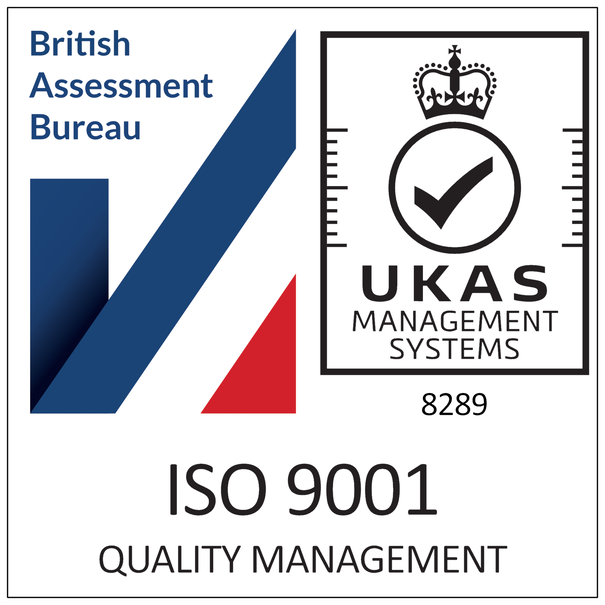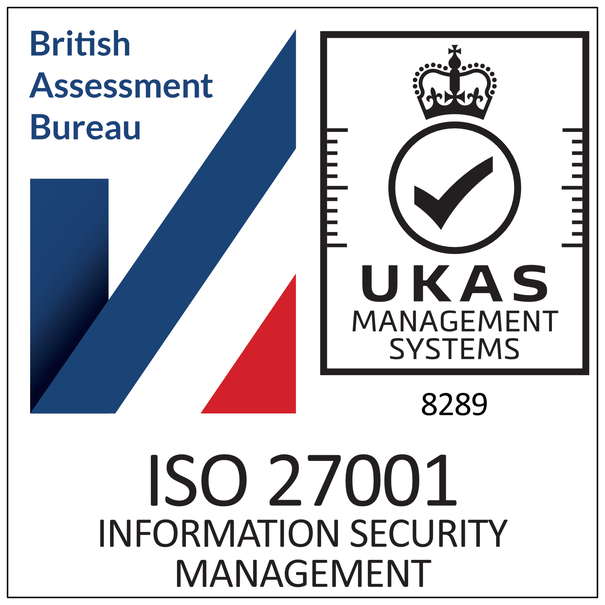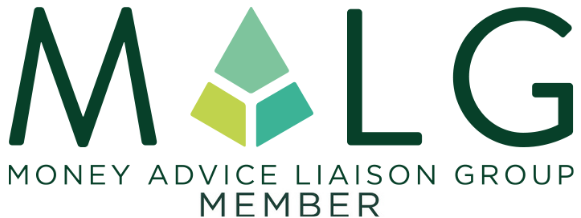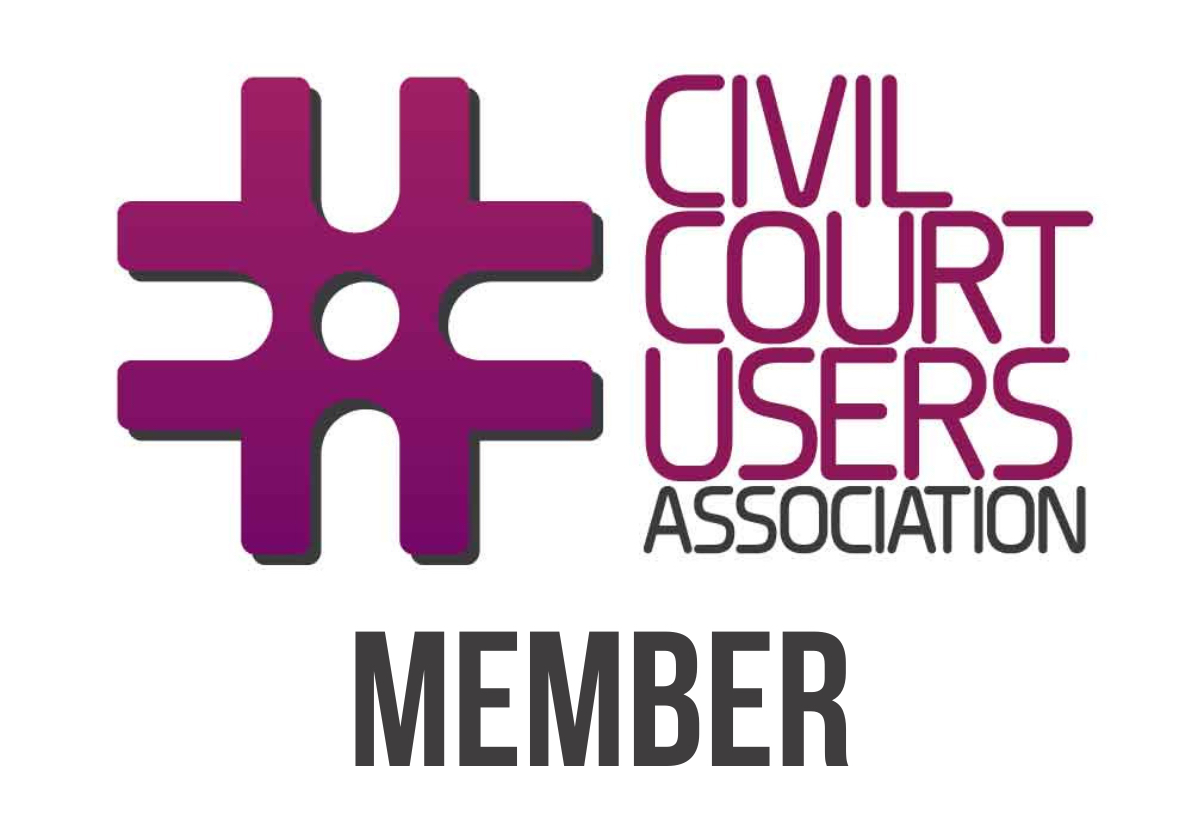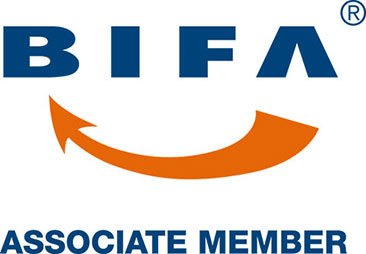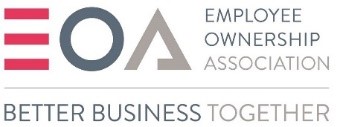
A recent study by Market Finance, which examined over 100,000 invoices from 990,000 UK SMEs, has shown that the debtors are now taking an average of 23 days past due to settle an invoice. This figure was 12 days in 2018.
UK SMEs account for 5.8m of UK businesses and are the backbone to our economy. Despite clear terms and conditions setting out expected payment terms, companies continue to ignore the impact that late payment has on businesses. Typically, UK SMEs will agree to 45 days payment terms but in 2019, businesses were looking at adding another 23 days to this. Lower value invoices were less late, but higher value invoices could take even longer to be settled. For some businesses, that’s just not manageable.
Late payment results in poor cashflow and can prevent further investment and growth, wasted manpower due to chasing invoices, salaries and payments to creditors can be affected and in some extreme cases, late payment can force a business into insolvency. 87% of UK SMEs said that they had been unable to take on new orders due to poor cashflow – a result of late payment.
It seems that sectors suffered more than others; legal and professional services reported a staggering 70% of their invoices are paid late. Manufacturing and retail reported 57% and 49% of all invoices respectively were paid past their due date. Good news from the energy and utilities sectors who have seen a reduction in overdue invoices; in 2019 1/3 of invoices are paid late – a vast improvement on 2018 where that figure was 2/3.
SMEs and Business Groups continue to apply pressure to the Government to tackle late payment and reduce the impact on businesses. Whilst the Prompt Payment Code and Duty to Report have gone some way to shine a light on the issue, they have been fairly ineffective.
Whilst there is no solution yet on the horizon, business finance experts advise having frank conversations with debtors that continuously fail to adhere to agreed payment terms, imposing sanctions on those debtors. Other alternatives would be seeking out invoice finance facilities to bridge the gap or speaking to a commercial debt recovery firm that can be more effective at debt recovery.





